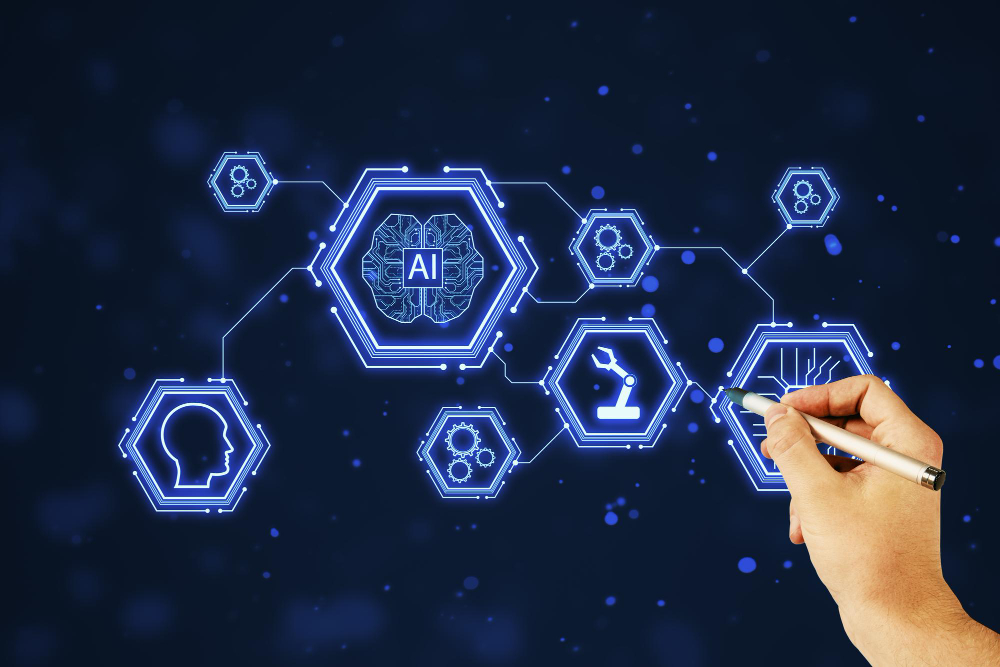Exploring the rapidly evolving domain of eLearning, we see a fascinating intersection where artificial intelligence (AI) and relationship-centric recruiting methods converge. As these technologies and approaches advance, professionals like Ann Cathers offer unique insights that guide the industry toward more effective strategies. Her perspectives help us understand how human connections and sophisticated AI tools are shaping the future of talent solutions in educational environments.
Ann Cathers advocates for a relationship-based recruiting philosophy that prioritizes personal connections. This approach is rooted in the belief that fostering authentic engagements with candidates results in more successful placements. By emphasizing human interaction, recruiters can better match candidates’ strengths with organizational needs, ultimately enhancing performance and satisfaction. This method also encourages deeper understanding and retention of enlisted talents, aligning them with company cultures and values for long-term success.
While the human element remains paramount, AI offers remarkable enhancements to traditional recruiting approaches. AI tools can automate mundane tasks, analyze large datasets, and predict candidate success, which allows recruiters to focus more on relationship-building. By leveraging AI, recruiters can quickly narrow down candidate pools, gaining deeper insights into potential hires. AI’s predictive capabilities can also assist in identifying candidates who may excel in particular roles, thus improving decision-making processes.
The concept of managed services engagement (MSE) staffing further complements AI’s capabilities in eLearning recruitment. MSE staffing involves outsourcing recruitment processes to a third party, providing a structured yet flexible approach to talent acquisition and management. AI can optimize this model by streamlining recruitment operations, enabling faster responses to talent demands. Incorporating AI in MSE staffing helps organizations maintain agility, swiftly adapting to changing market conditions and learning trends.
Cathers emphasizes the need for balance between AI and personal connections, ensuring both elements complement each other rather than compete. This synergy is crucial in emerging areas such as eLearning, where dynamic learning modules require a blend of tech-driven insights and human interaction. By integrating AI effectively, recruiters can achieve a holistic view of talent landscapes, aligning skills with organizational objectives. Thus, recruiters harness AI’s efficiency while preserving the meaningful relationships needed for successful hiring.
In the context of eLearning, this blend of AI and relational recruiting strategies contributes to a more adaptive and innovative educational workforce. As institutions strive to deliver top-notch learning experiences, they depend on recruiting methods that identify educators and professionals who thrive in technology-rich environments. AI helps to identify trends in candidate behavior and learning styles, leading to better matches between candidates and evolving eLearning roles.
Ultimately, AI and relationship-centric recruiting are not mutually exclusive but are intertwined pillars supporting the future of recruitment in eLearning. By embracing both, institutions can navigate complex recruitment landscapes effectively, attracting and retaining talent that is both tech-savvy and relationally adept. As Ann Cathers consistently demonstrates, the future lies in leveraging AI’s power without losing sight of the invaluable human touch that defines educational excellence.
